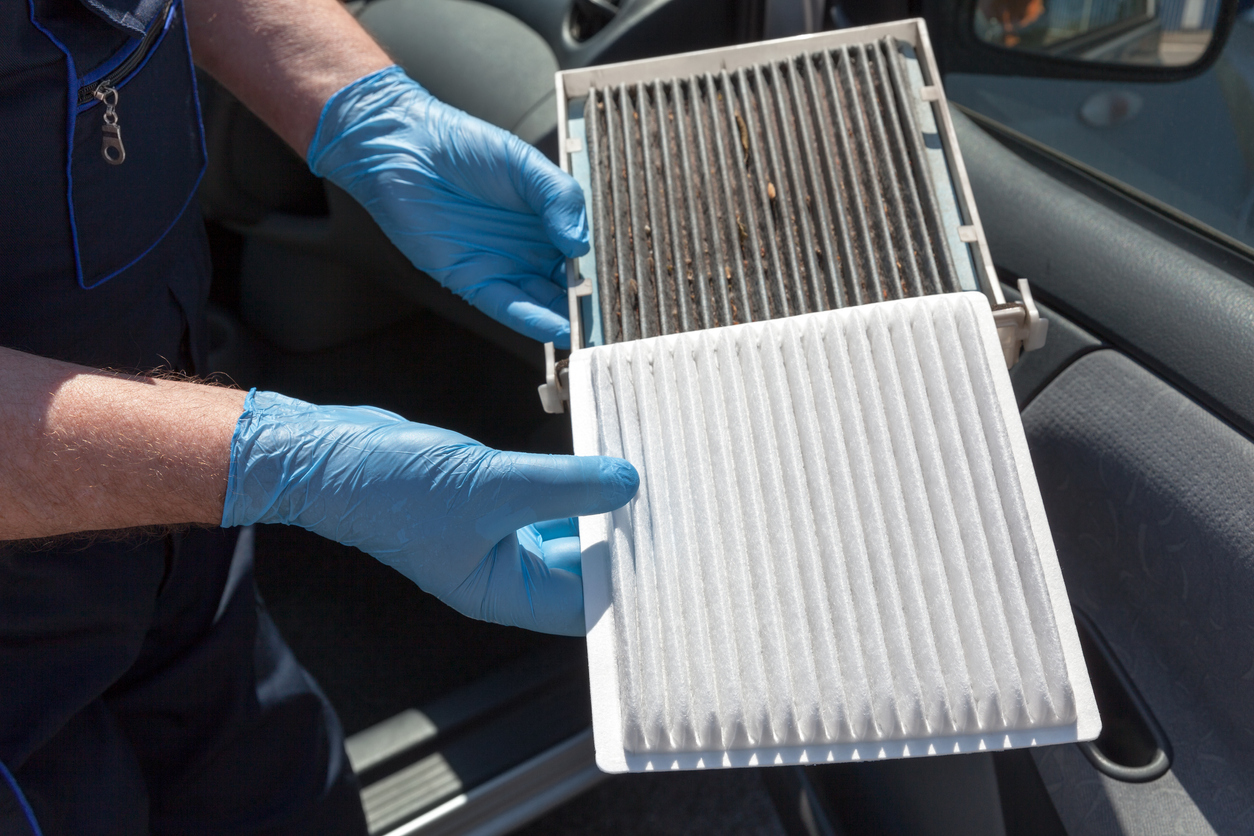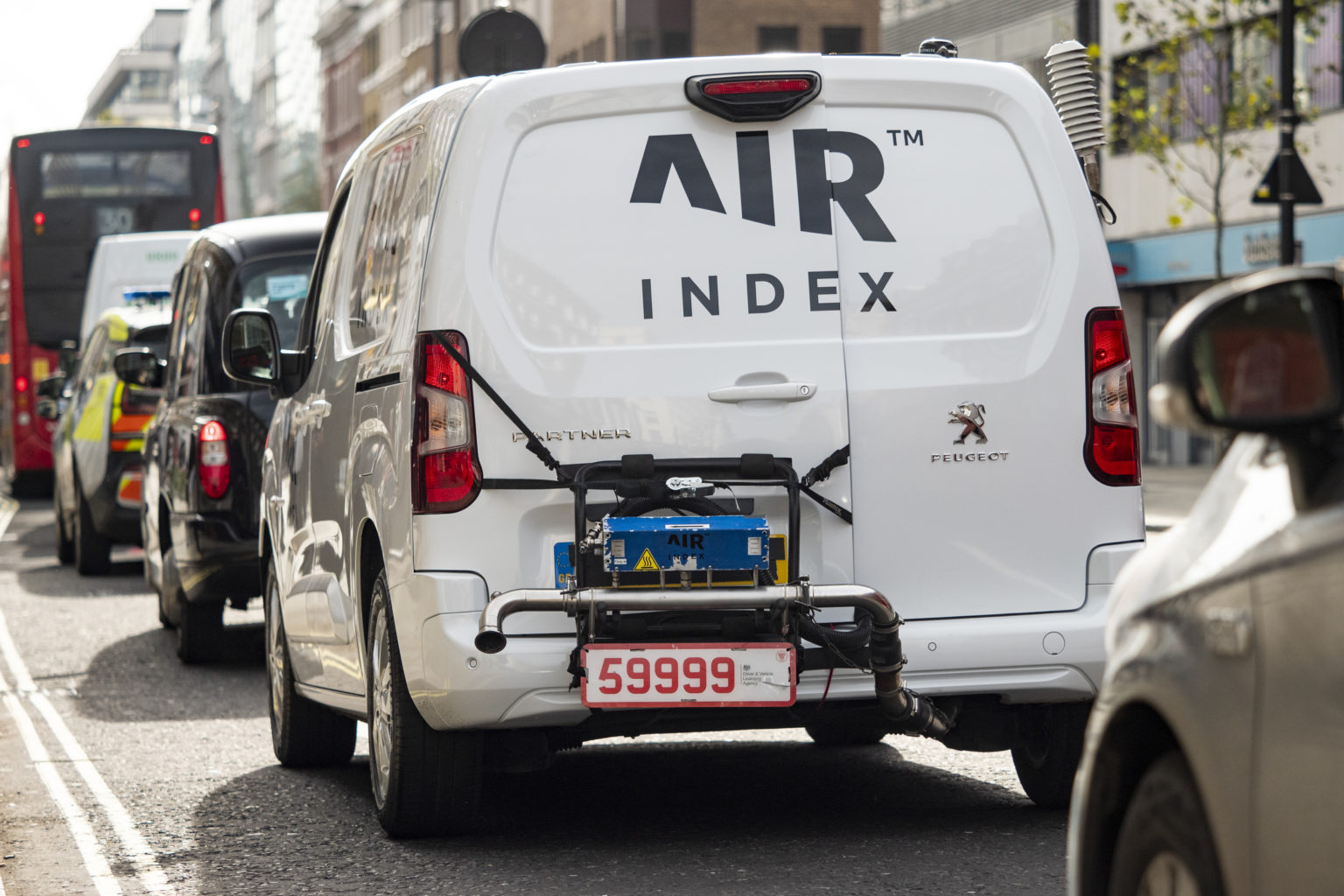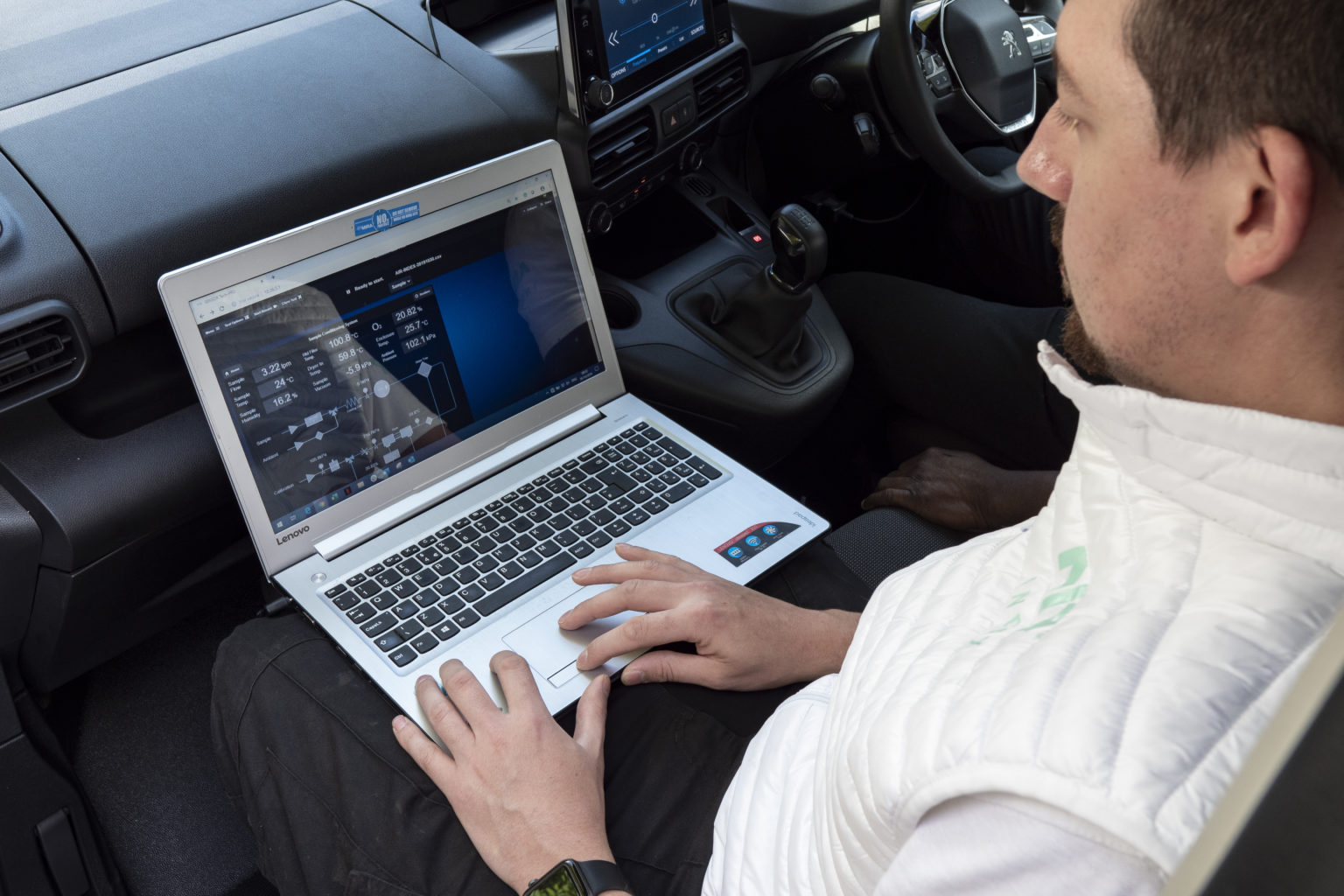Our Approach
The AIR Alliance was created to cut through the politics, the controversy and commercial conflict surrounding vehicle emissions.
Why we exist
We deliver trusted information based on the collective scientific experience and knowledge of the world’s leading experts in vehicle emissions, air quality and healthcare.
The AIR Alliance is enabling prompt and cost-effective approaches to emissions that can immediately address the diesel NOx emissions crisis and offer solutions to reduce the impact of CO2 from vehicles in an accessible, transparent and accountable way. The AIR Alliance is a global initiative that provides a comprehensive and immediate response to reduce air pollution.
Our latest programme of work focuses on the exposure to harmful pollutants inside the vehicle, which is not covered by any current regulation. Exposure to high levels of pollutants can cause a range of serious health issues, but there is little awareness of how effective the ventilation system of a vehicle is to prevent external pollutants from entering the cabin.
The AIR Alliance’s focus
Members of the AIR Alliance sign a common manifesto with the commitment to support the free, publicly available delivery of trusted, independent information about:
- The level of vehicle NOx and PM emissions, which affect air quality and health;
- The level of vehicle fuel efficiency and consumption: miles per gallon or litres per 100km;
- The level of vehicle CO2 emissions, which contribute to climate change.
- The level of pollution which enters a vehicle compared with the outside air, which can cause serious health issues.
The results are published in the AIR Index and provided free of charge to enable vehicle buyers and policy makers to make informed decisions about the consequences of car and van choices.
What is the AIR Index?
Clear and transparent emissions information
We have developed and launched three AIR Index ratings to provide clear and transparent emissions information when choosing a car or van based on data collected during real-world urban driving; the NOx emissions which affect air quality, the CO2 produced by the vehicle which contributes to global warming and the effectiveness of the ventilation system and filter to protect vehicle occupants from exterior pollution. Ratings for each AIR Index range from A (the best) to E (the worst) using the latest technology in multiple tests.
The AIR Index ratings stand out from other standard tests because the manufacturers of cars and light-duty vehicles cannot
develop emissions systems and ventilation strategies just to pass a test. The vehicles must perform consistently in real world use.
What is the AIR Alliance testing method?
For tailpipe emissions of NOx and CO2 we test at least two different cars or vans of each model, sold and on the road, sourced independently from the vehicle makers in a scientifically robust programme of on-road trips which lead to an emissions rating in the AIR Index.
The rating of each vehicle uses the latest test methodology CWA 17379 developed at European level to fairly compare the emissions performance of different vehicles using portable emissions monitoring systems (PEMS) to ensure that the technology provides trusted data on emissions that is transparent and available to everyone.
For cabin air quality at least three separate tests of at least 30 minutes each in real-world driving between 30 km/h and 50 km/h must be conducted on each model. The ventilation system is set to ‘fresh air’ mode with the air conditioning turned off and temperature set to 19°C in either automatic mode or fan at 50% speed.
With the AIR Index:
- Car and van buyers can now make the right choices in the vehicles they buy, whether new or used.
- Policy makers can develop robust, fair and effective policies to improve air quality and protect vehicle occupants.
- Vehicle makers have the opportunity to regain consumer trust by competing to deliver cleaner cars with independent verification of the emissions, and effectiveness of the ventilation systems to filter harmful pollutants.
Why do we need independent road testing?
If we all used the cleanest, lowest emission vehicles available today, air quality would improve immediately.
But without reliable and independent information we fear making decisions or make poorly informed choices. In the meantime, the air quality in our towns and cities continues to deteriorate.
We’re confused by conflicting stories about the problems caused by diesel and petrol engines. We’re uncertain about the balance between global warming and local air quality. And we don’t trust the information from car makers following the ‘Dieselgate’ scandal.
As drivers and passengers, we want reliable information to choose ventilation and filter systems which offer the best protection from exposure to harmful pollutants outside the vehicle.
We need to work together to achieve trusted and reliable information to reduce the negative impacts of vehicle emissions today.


